Table of Contents
RRB Ministerial and Isolated Categories Syllabus
The RRB conducts the Ministerial and Isolated Categories exam to recruit candidates for specific job roles in Indian Railways. The selection process includes a Single Stage CBT, Stenography Skill Test, Performance Test/Teaching Skill Test, Translation Test (as applicable) and DV/Medical Examination. Candidates must thoroughly prepare for the written exam, as it is the first stage of the recruitment process.
RRB Ministerial and Isolated Categories Section wise Syllabus
The RRB Ministerial and Isolated Categories Syllabus covers a variety of topics under General Awareness, General Intelligence & Reasoning, and Professional Knowledge, depending on the post. Below is a detailed breakdown of the syllabus:
General Awareness: This section aims to test the candidate’s knowledge of current events and general knowledge. Key topics include:
- Knowledge of Current Affairs
- Indian Geography
- Culture and History of India including freedom movement
- Indian Polity and Constitution
- Indian Economy
- Environmental issues concerning India and the World
- Sports
- General scientific and technological developments etc
Mathematics: This section assesses basic mathematical aptitude and problem-solving skills.
- Number Systems
- BODMAS,
- Decimals
- Fractions
- LCM and HCF
- Ratio and Proportions
- Percentage
- Mensuration
- Time and Work
- Time and Distance
- Simple and Compound Interest
- Profit and Loss
- Algebra
- Geometry and Trigonometry
- Elementary Statistics
- Square Root
- Age Calculations
- Calendar & Clock
- Pipes & Cistern.
General Intelligence and Reasoning: This section evaluates the candidate’s logical reasoning and problem-solving abilities. The topics include:
- Analogies
- Alphabetical and Number Series
- Coding and Decoding
- Mathematical Operations
- Relationships
- Syllogism
- Jumbling
- Venn Diagram
- Data Interpretation and Sufficiency
- Conclusions and Decision Making
- Similarities and Differences
- Analytical Reasoning
- Classification
- Directions
- Statement- Arguments and Assumptions etc.
General Science: This section is based on the Class 10 CBSE curriculum and covers basic scientific concepts.
- Physics: Motion, Force, Energy, Electricity
- Chemistry: Matter, Reactions, Periodic Table
- Biology: Human Body, Plants, Animals, Ecology
RRB Ministerial and Isolated Categories Exam Pattern
This exam pattern is for all posts except for the Junior Stenographer (Hindi & English) posts. The number of questions and marks for each section are as follows:
| Subject | Number of Questions | Marks Allotted |
|---|---|---|
| Professional Ability | 50 | 50 |
| General Awareness | 15 | 15 |
| General Intelligence and Reasoning | 15 | 15 |
| Mathematics | 10 | 10 |
| General Science | 10 | 10 |
| Total | 100 | 100 |
- Each question is worth 1 mark.
- Negative marking: 1/3 of a mark will be deducted for each wrong answer.
For TGTs/PGTs/ PTIs/PRTs
Teachers will have to go through a Performance Test (PT) and a Teaching Skill Test (TST) along with the CBT (Computer-Based Test) of 100 marks as mentioned earlier.
For PGTs (Post Graduate Teachers), TGTs (Trained Graduate Teachers), PTIs (Physical Training Instructors), and PRTs (Primary Teachers/Assistant Teachers/Junior School Teachers), the selection will be based on the CBT and the Teaching Skill Test in an 85:15 ratio.
For Music Teachers, TGT/Music, TGT/Craft, and TGT/Drawing, the selection will include the CBT, Performance Test, and Skill Test in a 60:25:15 ratio.
Teaching Skill Test
The Teaching Skill Test will evaluate candidates on their teaching ability, subject knowledge, communication skills, classroom management, creativity, decision-making, and presentation. Candidates will have to teach a topic in front of a committee using PowerPoint or other teaching aids available. Topics will be assigned on the spot, and candidates will get enough time to prepare. The test will last 15 to 30 minutes, will be out of 150 marks, and hold 15% weightage in the total marks. There are no minimum qualifying marks for this test. The process may also be recorded.
Performance Test
- For Music Teachers, the Performance Test will assess singing, playing instruments, presentation, rhythm, creativity, and artistic skills.
- For TGT/Craft and TGT/Drawing, it will evaluate their skills in art, painting, crafts, creativity, and interpretation. Candidates will need to show originality, balance, and use of colors and mediums. Topics will be assigned on the spot, and candidates will get enough time to prepare.
The Performance Test will be out of 100 marks and hold 25% weightage in the total marks. Like the Teaching Skill Test, it may also be recorded, and there are no minimum qualifying marks.
For Junior Translator/Hindi
For the Junior Translator/Hindi position, there will be a single-stage Computer-Based Test (CBT), followed by a qualifying translation test. The CBT will have questions that check your knowledge of both English and Hindi. Half of the questions will test your language skills – 20% for English and 30% for Hindi. The rest of the questions will check your General Knowledge, General Intelligence, Basic Arithmetic, and computer knowledge.
The Translation Test will not be part of the main exam. Only 10 times the number of candidates will be called for the test, based on their performance in the CBT. The Translation Test is only a qualifying round, and you will need to score at least 60% to pass.
RRB Ministerial and Isolated Categories Professional Ability Syllabus
The Professional Ability syllabus for the RRB Ministerial and Isolated Categories exam is different for each post. To help candidates prepare effectively, the syllabus for Professional Ability for all posts is provided in the attached PDF. Candidates applying for a particular post should check the syllabus specific to that post. This will allow them to focus their preparation on the relevant topics and perform better in the exam according to their post.
Download RRB Ministerial and Isolated Categories Professional Ability Syllabus

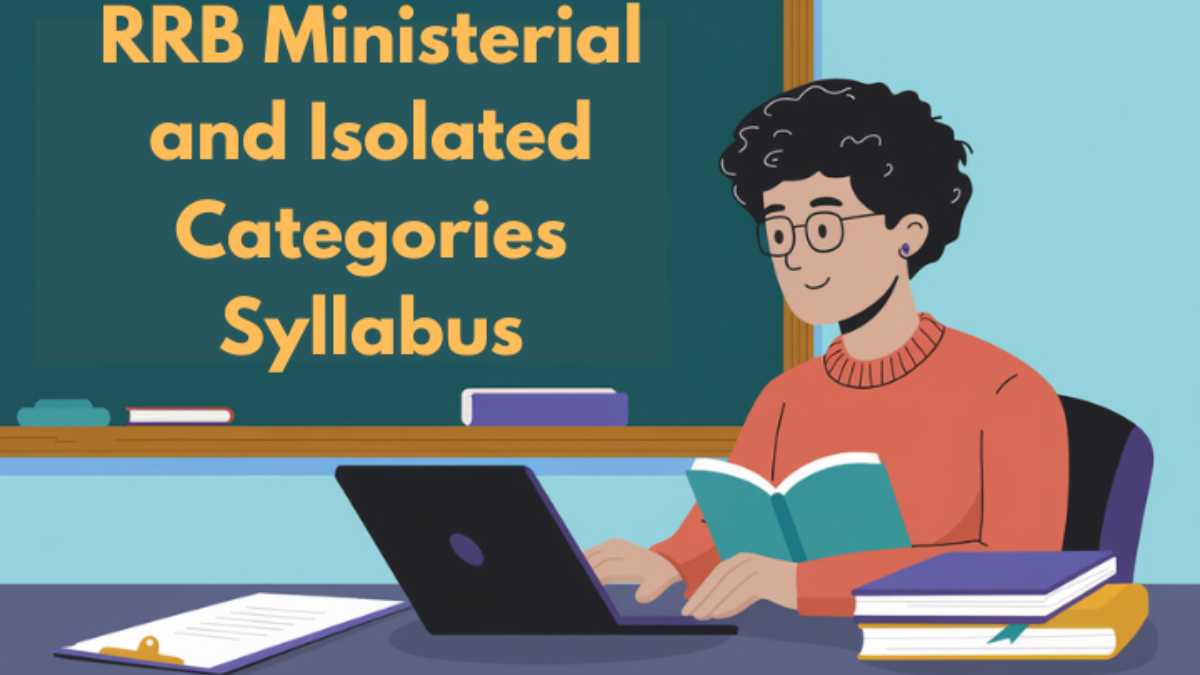

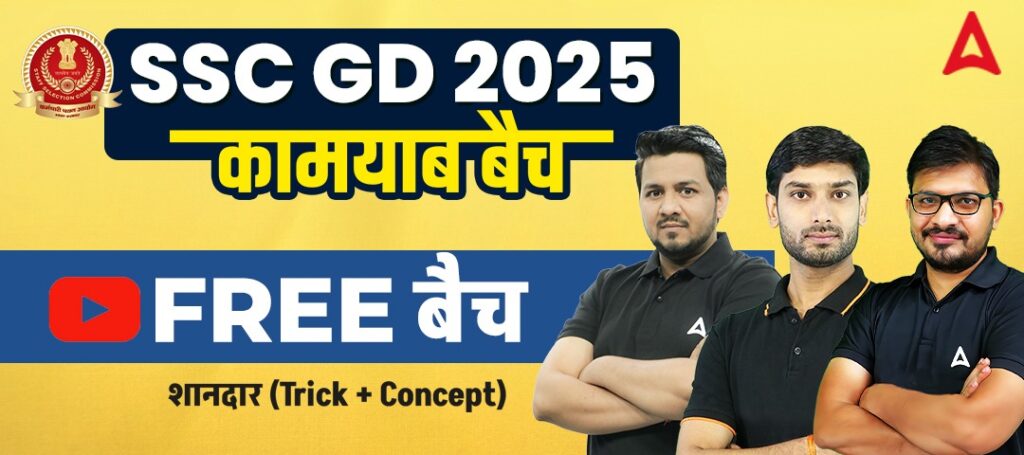

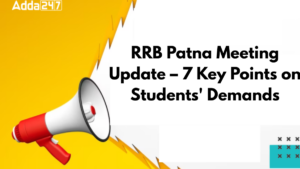 RRB Patna Meeting Update – 7 Key Points ...
RRB Patna Meeting Update – 7 Key Points ...
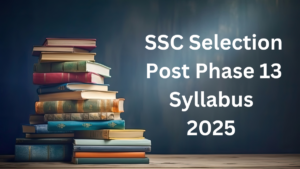 SSC Selection Post Phase 13 Syllabus 202...
SSC Selection Post Phase 13 Syllabus 202...
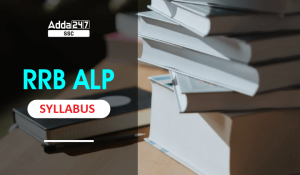 RRB ALP Syllabus 2025, Check detailed Sy...
RRB ALP Syllabus 2025, Check detailed Sy...


